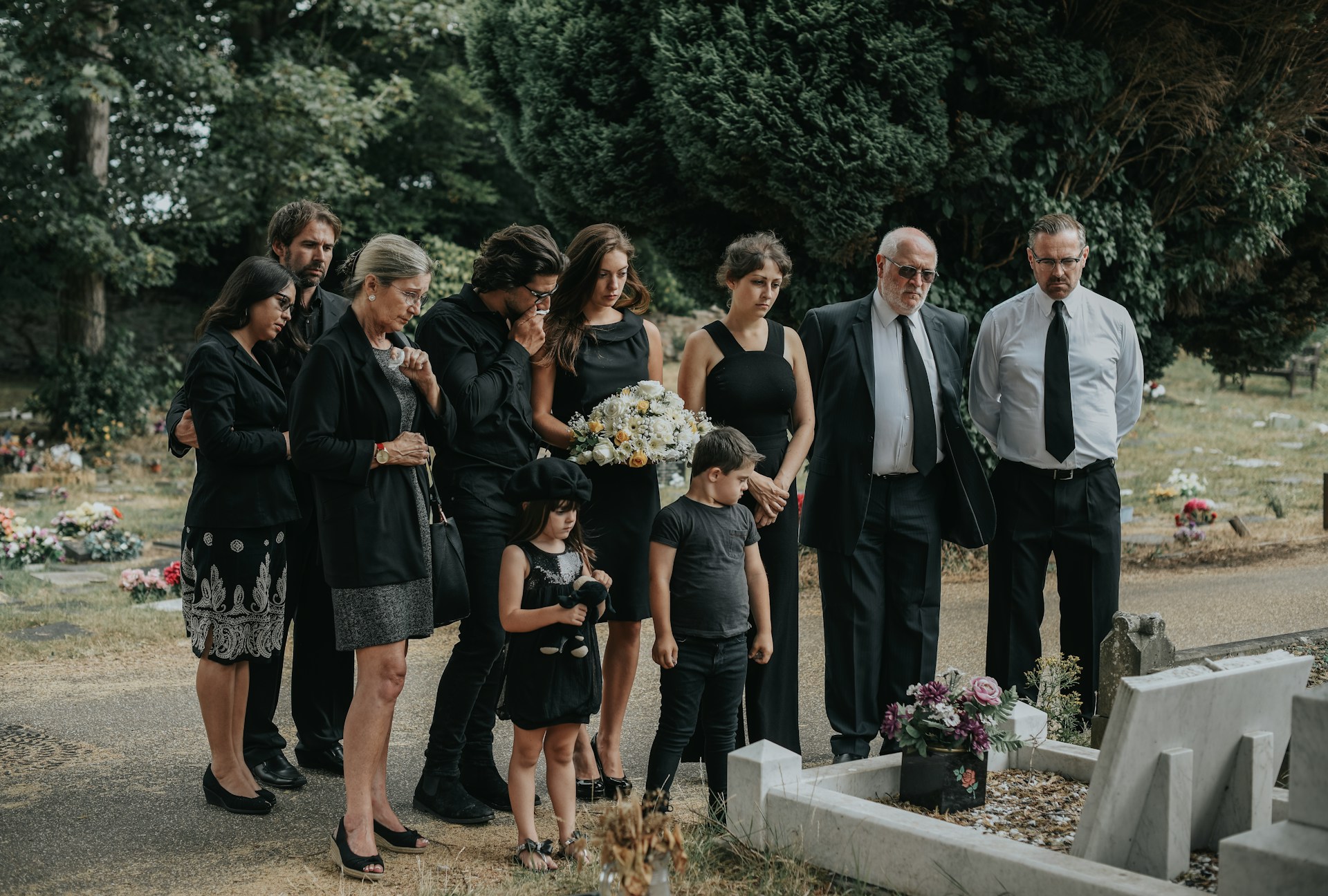When something does not feel right after a medical visit, many people in Tampa start wondering where things went wrong. Maybe the care felt rushed or test results did not add up. That is when some turn to a medical malpractice law firm for help untangling what happened. These cases often involve more than what meets the eye. What most people do not see is how much work happens behind closed doors—way before anything is filed.
Our role begins early and quietly. While the legal side of these cases might seem like courtroom battles, much of the effort actually happens long before anyone sets foot in a courthouse. From reviewing paperwork to turning timelines into real stories, our goal is always the same: to help find answers for those who want to understand what went wrong and why.
What Happens First After Someone Reaches Out
The first conversation with someone who is concerned about medical care often starts with questions. We ask about what led them to us—what happened, when it happened, and how things started to feel off. This intake process is not just background. It helps set the stage for everything that happens next.
After that, one of the first steps is collecting medical records. These documents are key. They tell us what doctors wrote, what tests were done, what instructions were given, and in what order. Hospitals do not always make record collection quick, but having the full timeline matters.
We pay attention to more than just big moments like surgeries or discharge dates. Tiny details—the day a pain started, a phone call that went unanswered, or a prescription that never arrived—can help us connect the pieces. By putting these moments in order, we start seeing where things may have gone sideways.
Digging into the Details
With those records in hand, we start sorting through the puzzle. This part is not about blaming anyone. It is about reading through documents carefully to check what care was provided and when. We make sure everything lines up—doctor notes, test results, medication logs. If something does not match, we pay attention.
One thing we often look for is what did not happen. Were any tests skipped? Did someone wait too long to respond to a symptom? Timing makes a difference. A delayed treatment might be a simple error, or it might be something more serious.
We build timelines that compare what a patient experienced with what the records say actually happened. These timelines help show whether proper steps were taken. Sometimes, they are clear. Other times, the gaps raise questions that lead us to look even deeper.
Attorneys at Greco, Wozniak & Ruiz-Carus, P.A. are experienced in reviewing records for missed treatments, improper medications, and delayed lab follow-ups that can be common in Tampa’s hospitals and clinics.
Working with Outside Experts
Some questions need medical experts to answer them. That is when we bring in outside experts. These professionals review the same records we do, but with years of medical training behind them. Their job is not to assign blame. They help clarify whether the care followed the standard doctors are expected to meet.
In Florida, that “standard of care” is not always written down. It is shaped by what most trained professionals agree is reasonable in the same situation. These experts read the records, consider what the average doctor or nurse might have done, and give us their point of view.
When a case might involve negligence, the expert’s opinion helps sort out whether someone missed a step or followed protocols. That makes a real difference when we study where responsibilities begin and end.
Preparing a Case—Even Before It Goes to Court
Not every investigation leads to a lawsuit. But before we ever think about filing anything, we get organized. We gather records, timelines, and expert input into one summary that is easy to follow. Each part fits together like pieces of a story.
While that is going on, we might also be reaching out to hospitals or insurance companies. These conversations can help us fill in blanks or confirm how decisions were made. Communication matters during this part. It keeps things moving without confusion.
Being thorough early helps avoid surprises later. The prep work lets us see what we have and what we may still need. By the time a decision is made about filing under Tampa’s medical malpractice laws, we have already done most of the heavy lifting behind the scenes.
How Law Firms Support Families Along the Way
Medical cases can feel overwhelming. We try to give families space to process while staying available to answer questions. Every step of a malpractice case has its own pace, and keeping everyone informed helps take some of the pressure off.
We explain things in plain terms, letting families know what is coming next—and what we are working on in the meantime. Legal timelines can be different from what people expect. Delays are not always bad, and updates help people stay grounded.
We are also here for the tough conversations. When emotions run high or doubts pop up, it helps to know someone is listening and handling the legal side so families can focus on what matters most.
Behind Every Case: Finding Answers That Matter
The work a medical malpractice law firm does often stays quiet, but that does not mean it is not important. The behind-the-scenes effort lays a foundation for everything to come. From sorting facts to listening to families, we focus on truth, not guesses.
In a busy place like Tampa, where medical care sometimes moves fast, slowing things down can make all the difference. That is where we come in. We take a closer look so families can understand what really happened, when, and why. It is not about pointing fingers. It is about getting answers that feel honest and real.
Questions about your care can feel heavy, especially when something doesn’t seem right. We take time to listen, review records, and help you understand what might have happened. A trusted medical malpractice law firm should make space for your story and guide you through what comes next. At Greco, Wozniak & Ruiz-Carus, P.A., we’re here when you’re ready to talk it through with someone who takes your concerns seriously.






